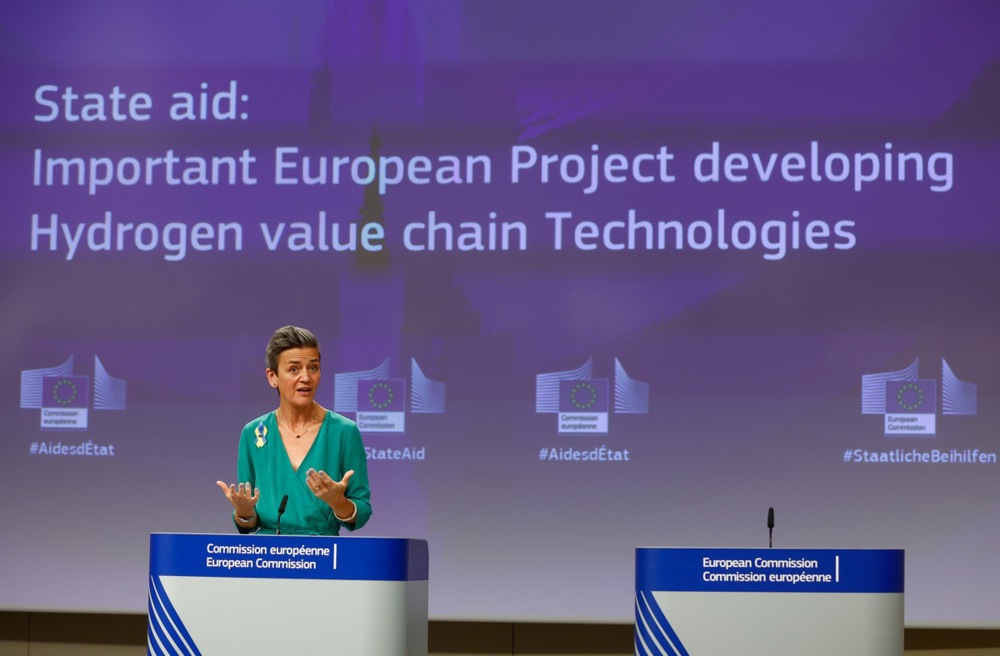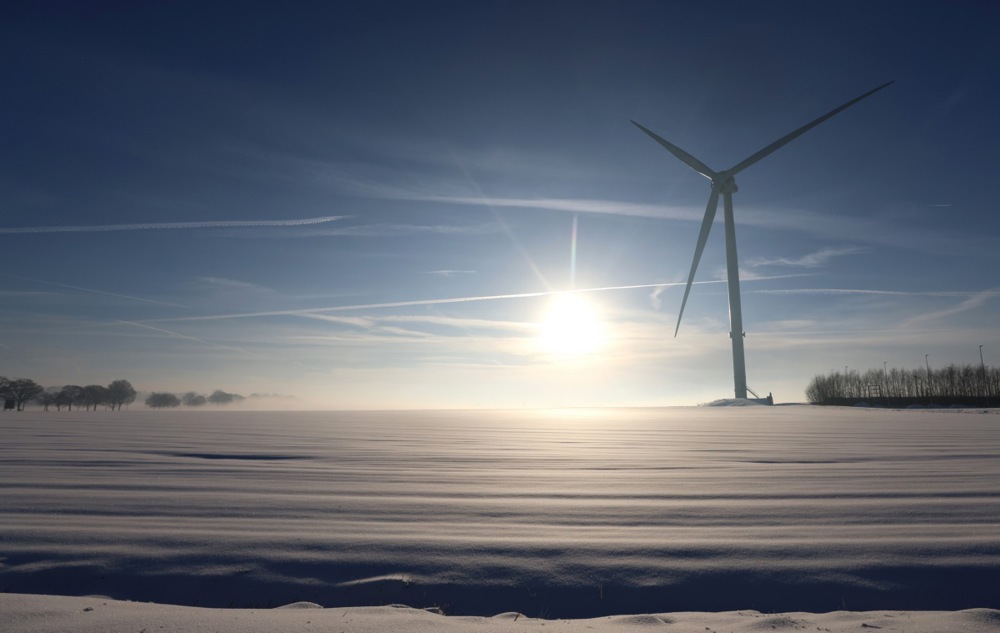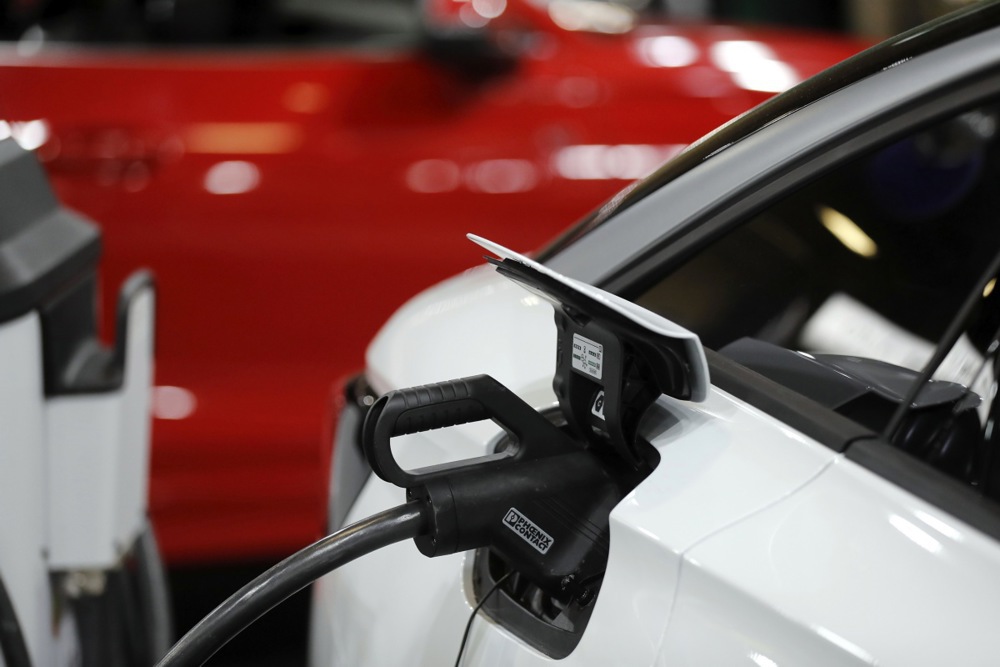Research from the UK-based Westwood Global Energy Group, a leader in energy market analysis, has shown that less than a fifth of the EU’s hydrogen pipeline would be online by 2030 without urgent change.
According to the energy experts, three critical areas in European hydrogen projects needed to be addressed: Policy frameworks, funding mechanisms and demand-side mandates.
On April 1, the specialist energy market research and consultancy firm reported that, “despite significant ambitions and substantial funding commitments, Europe is unlikely to meet its 2030 hydrogen production targets”.
Its research revealed that “only 17 per cent of the EU’s planned project pipeline is expected to materialise without market intervention”.
The report noted that the European pipeline was “under strain”, pointing to “regulatory delays, elevated costs and weak demand” all hindering progress.
By the end of 2024, 23 hydrogen projects, good for 29.9 GW, were stalled or cancelled in the EU and the researchers noted that a similar story was unfolding in the UK.
There, Westwood estimated a potential delivery range of just 1 per cent to 24 per cent of its hydrogen pipeline by 2030, underlining the sizeable policy, funding and mandate shortfalls.
Jun Sasamura, Hydrogen Manager at Westwood, said in a press release: “The gap between ambition and reality in Europe’s hydrogen sector is widening.
“While targets are necessary, they will remain out of reach unless the policy landscape evolves. For the UK in particular, without sharper co-ordination and a clearer demand-side focussed approach, there is a potential risk of falling behind.”
In an optimal scenario, up to 70 per cent of the EU’s current hydrogen pipeline could materialise — provided that planned frameworks were effectively developed and implemented.
That would enable the EU to meet its 2030 production targets, with the report highlighting a critical need for sustained progress.
In 2024, several high-profile “green” hydrogen projects in Europe were cancelled, including Equinor’s Norway-Germany Pipeline, costing more than €3 billion, which was scrapped after failing to secure long-term commitments.
Shell’s Aukra Hydrogen Hub, a 250 MW project, also in Norway, was abandoned due to weak market conditions and a lack of demand, despite plans to transition from to green hydrogen.
In the UK, Project Cavendish (1.3 GW) was halted over technical and economic challenges, while Belgium’s Engie’s Colombus Project (75 MW) was cancelled due to rising costs and uncertain demand, affecting synthetic fuel ambitions.
While EU funding remained strong, high production costs (around €4.60/kg for green hydrogen against about €0.46/kg for “grey”) and an underdeveloped market continued to hinder progress, the report found.
Despite the EU heavily promoting hydrogen in its ‘green agenda’ and net-zero ambitions, the industry is struggling, with many project cancellations and delays. https://t.co/zap4J9VmO1
— Brussels Signal (@brusselssignal) January 22, 2025





